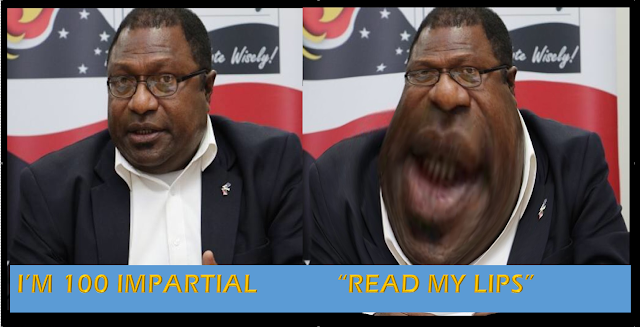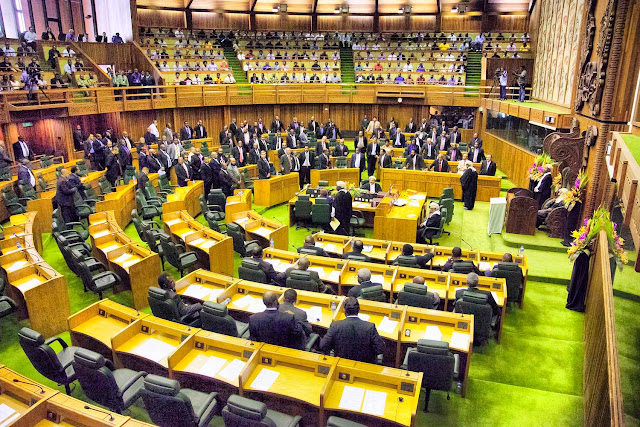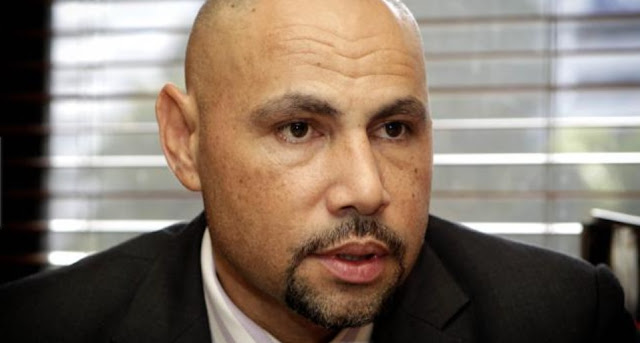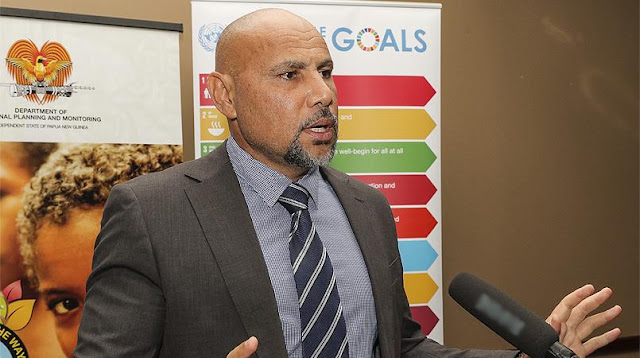TOMATO – THE NEW MASTER OF INCONSISTENCIES

by PNG BLOGS 1. Marked Boxes in Kandrian Gloucester in West New Britain were set aside and not counted for Sunday polling WHEREAS all boxes containing votes cast on Sunday for Ialibu Pangia Electorate in Southern Highlands were counted and the winner declared. 2. NCD Election Manager was caught red-handed with more than K180,000 cash and marked ballot papers with a purported agreement between a candidate. Secretary for Finance who administered funding for elections stated that all payments of allowances for electoral officials were directly remitted to their bank accounts WHEREAS Gamato claimed the substantial cash was for allowances for election officials (in a metropolitan area where most have their personal bank accounts???). 3. Joseph Tonde’s declaration for the Port Moresby North East Electorate was rejected because the Returning Officer was not the one on duty WHEREAS Nick Kuman’s declaration by a dead Returning Officer for Gumine Open was accepted. 4. William Duma’






